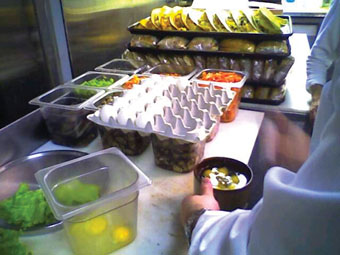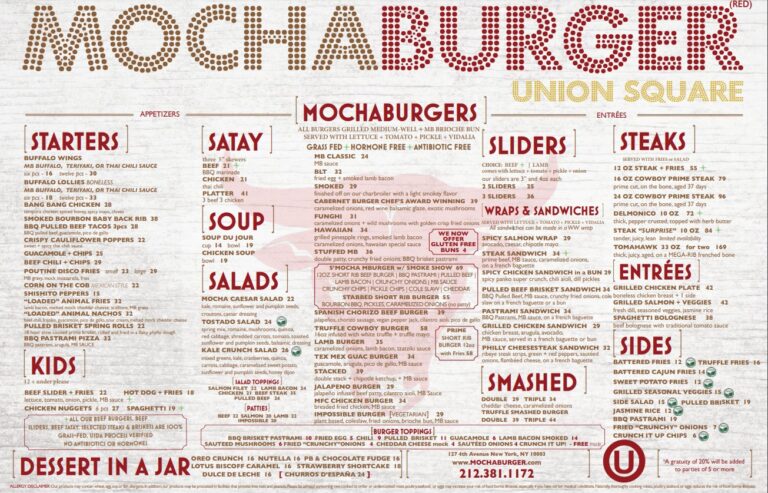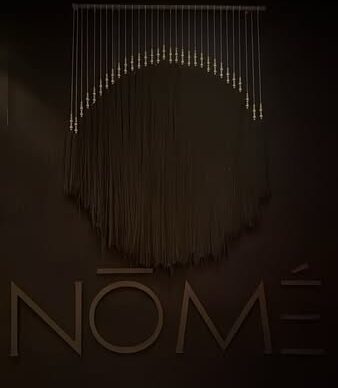While thousands of kosher diners throughout the world eagerlylook forward to a relaxing lunch at their favorite restaurant – be it Italian, Continental, Japanese, or Deli – OU mashgichim are busily supervising the kitchens, making certain every delicious morsel the customers enjoy is one hundred percent kosher.
The kosher restaurant business is booming and has come a long way from the classic pastrami sandwich on club with a large sour pickle or two. Today’s kosher restaurants seek to provide high scale cuisine with a tasteful ambiance to match. I can confidently say that our mashgichim have successfully risen to (and continue to welcome) the challenge.
As the replica watches kosher consumer’s palate yearns for a more sophisticated, worldlier, and even exotic range of cuisine, the mashgiach’s impeccable supervision now requires special programs. The dramatic changes in menu prompted the OU to conduct a conference last year on the mesorah of different birds, such as quail and wild turkey – dishes just a generation ago, we wouldn’t have dreamed were possible.
Every mashgiach, no matter what the carte du jour (a.k.a. fancy food plan), monitors the entire food preparation process, checks every ingredient of incoming and outgoing deliveries, inspects and cleans insect-sensitive vegetables, cracks and examines eggs for blood spots, and often assists with inventory control and orders. Whether he is supervising a meat or dairy establishment, the mashgiach must verify and maintain a uniform and constant kashrut standard. An expert juggler, he moves quickly from area to area; sometimes the production area is not all within eyeshot and might even be on different floors and areas. The winning combination of perceptive and physical agility proves a must in quality kashrut supervision.
Meet the Mashgiach
Asher Jacob, Circa NY’s (Downtown kosher dairy restaurant under OU supervision) morning mashgiach gets to work at the crack of dawn each day; in fact, the entire operation cannot proceed without him – no chopping, no slicing, no cooking, no baking. Nothing starts without his watchful eye and genial direction. Before long the place is buzzing with nonstop food production. The chopping and slicing of assorted vegetables for the myriad salads, sushi, wraps, and side dishes begins. As this popular restaurant’s menu states, “Circa-NY provides a full dining experience…to a growing kosher and health conscious clientele.”
America’s growing health consciousness demands hoards of leafy green vegetables, the darker the better, which translates into meticulous insect checking. In 1962, Rachel Carson’s bestseller, “Silent Spring,” a critical exposé of the use of pesticides, pressed the federal government to disallow the use of DDT and other insecticides. Of course, less insecticide means more insect infestation.
The time and effort that go into preparing bug-free romaine and other leafy vegetables poses one of the biggest challenges for a mashgiach. The work is tedious and time-consuming, but necessary. It requires a very skilled eye, non-toxic vegetable wash, and painstaking staying power. Once the vegetables have their initial checking and washing, the mashgiach puts them in an electric spin dryer to keep the leaves crisp longer; they need it after all that soaking!
If you ask Asher if he’s ever spotted any bugs, he’ll tell you he found something the likes of which he’s never seen before, indicating its inordinate size with his two index fingers. He also checks for crevices and holes bored by the little creepy crawly creatures, on both sides of the lettuce spine. After all the washing and drying, he holds the leaf up against a bright light box for the final inspection and then, spanking clean, they’re off to one of the preparation piles, for sandwiches, wraps, assorted salads, and our kosher consumers’ anxiously awaited lunches.
The Crucial Human Factor
Along with all his consequential kashrut responsibilities, the mashgiach has to create a congenial working environment – not easy in a pressure-packed, fast-paced kitchen. The kashrut agency must adeptly manage the human dynamics, setting the stage for a harmonious relationship among chef, workers, owner and restaurant manager. People have a natural resistance to supervision; no one likes someone constantly looking over his shoulder. It has to be done with a great deal of diplomacy and finesse, in a friendly, non-oppressive manner. Our mashgichim project themselves as allies guiding a team with a common goal – providing the customers with the highest standard of kosher. Essentially, each one serves as a kosher excellence coach.
The prevalent move toward upscale and more creative cuisine brings with it the need for a wide range of ingredients. Most chefs, no matter how sophisticated their skill set, are not trained in the nuances of kashrut, prompting our mashgichim to conduct in-depth research for comparable kosher alternative products for those used in the non-kosher recipes. Thanks to the OU’s extensive ingredient department and database, all of our establishments have an invaluable resource in their search for available products.
So as you sit amid the chic ambiance of your favorite restaurant and spot the smiling waiter approaching with your order, take in a deep breath of appreciation for the unwavering human dedication that went into making sure each delicious morsel is one hundred percent kosher.
Betayavon!











